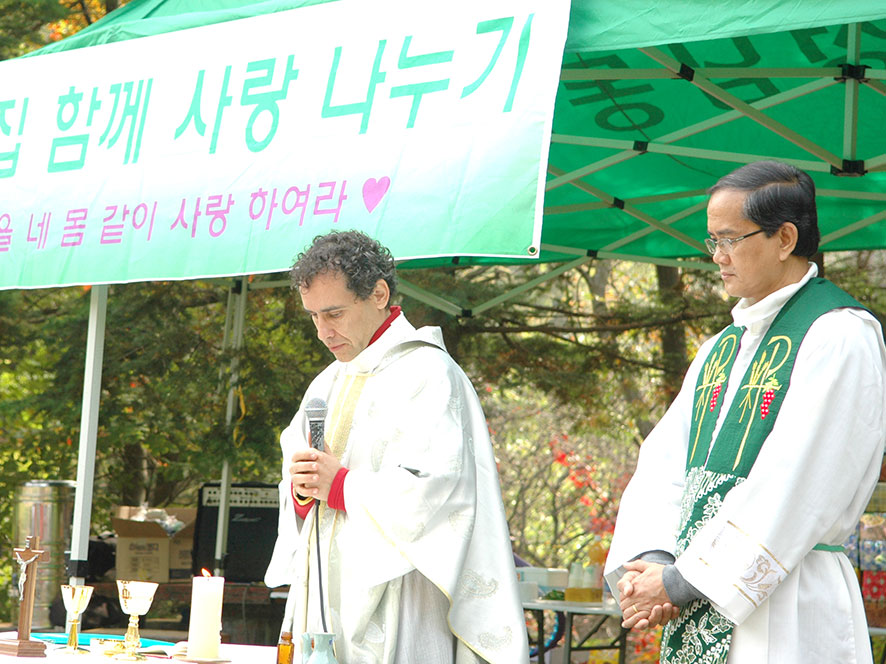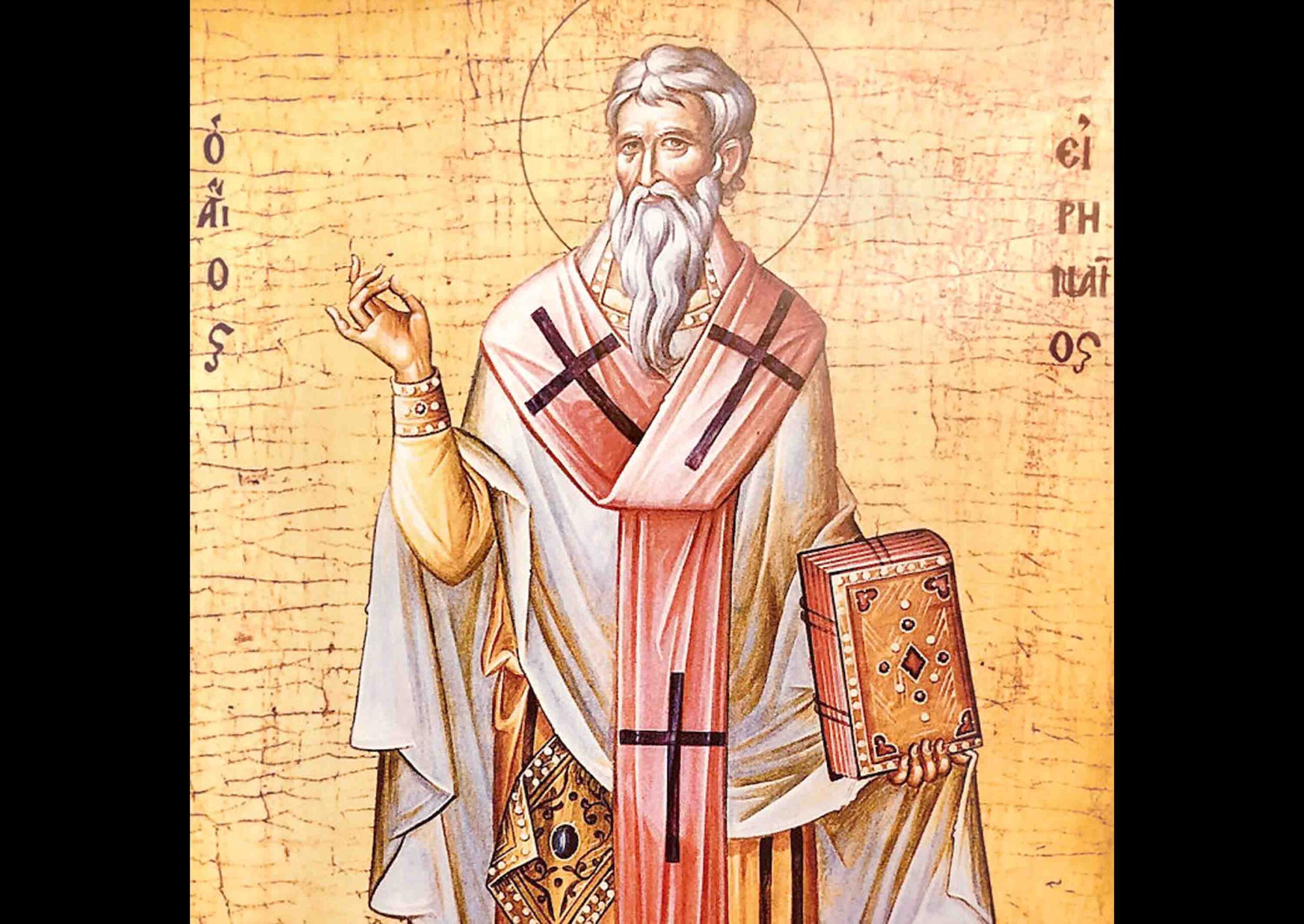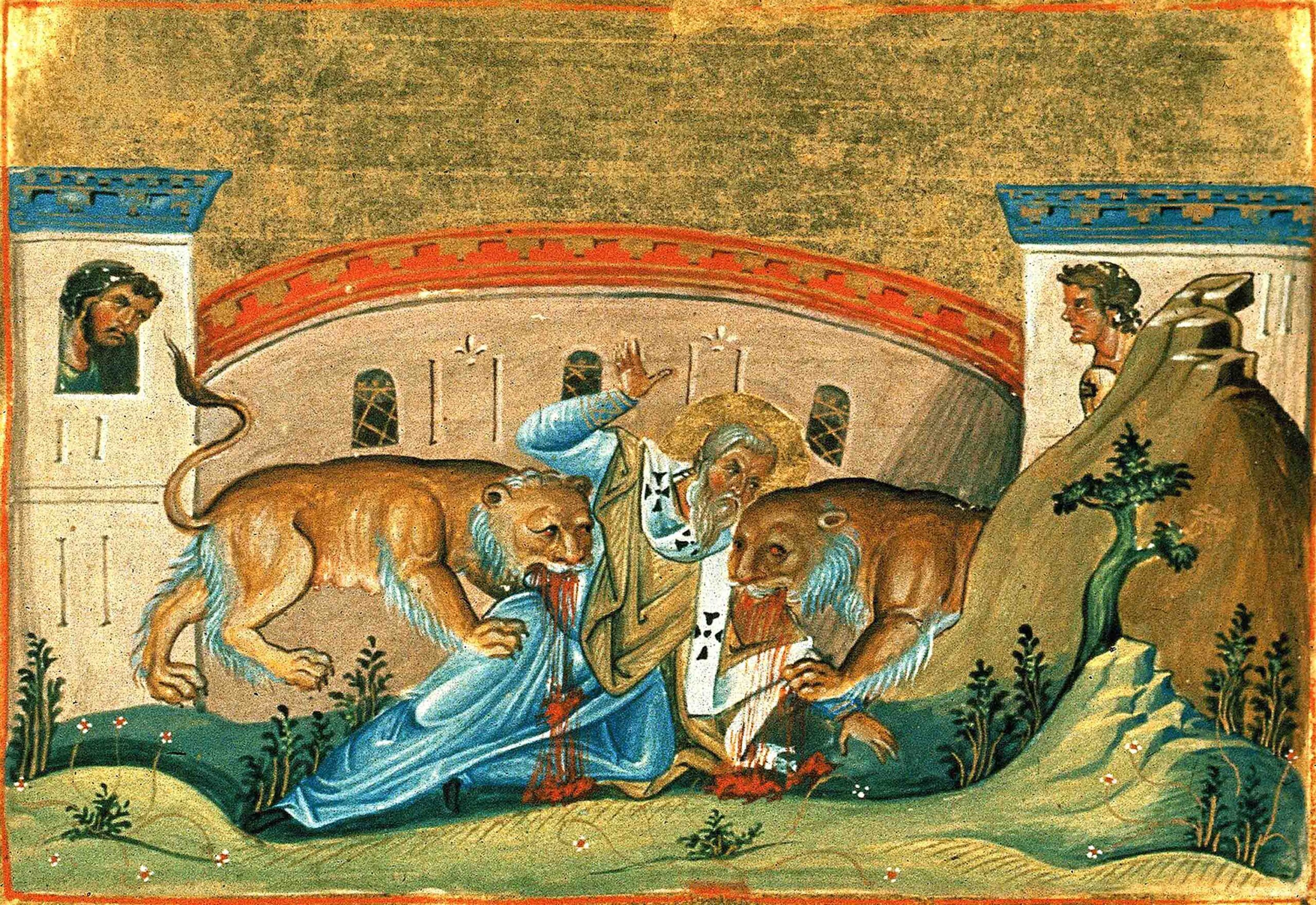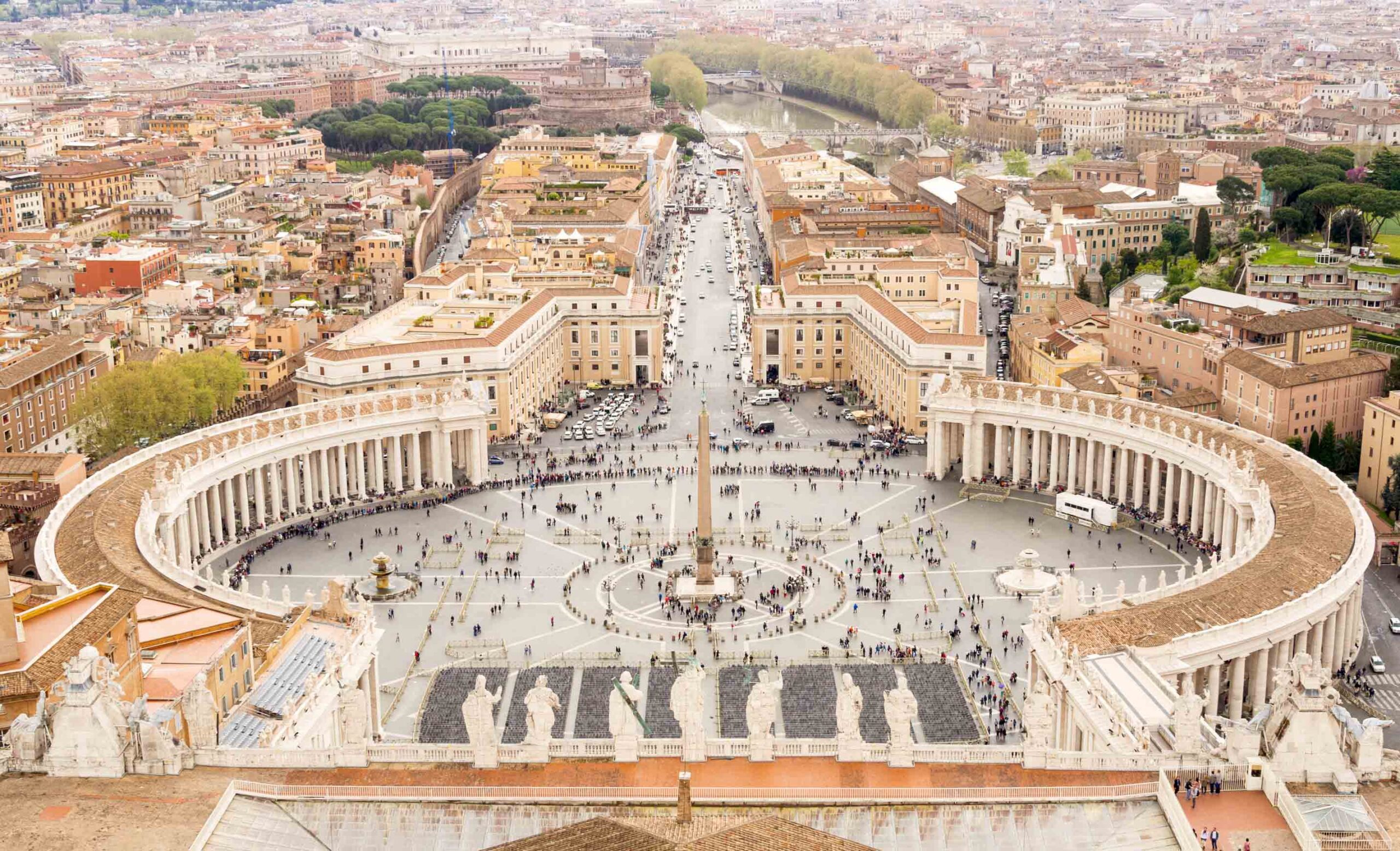The Fathers of the Church are writers who deal with the faith of the Christian community of the first four centuries of Christianity. They are the witnesses of the Tradition which means the faith of the living and believing community of the Church.
They are called “Fathers” because they lived at the beginning of the time of the Church when the great Ecumenical Councils clarified the content of the Christian faith, especially Christ’s Divinity and Trinity in God. They are necessary points of reference for the understanding of the Christian Faith.
The Fathers unite in themselves the enduring characteristics of holy life, wisdom, and antiquity. They represent the place of the first expansion of Christianity which is the geographical area around the Mediterranean Sea, from Spain to Mesopotamia (modern Iraq).
As for their chronology, they include the writers of the apostolic time (towards the end of the first century AD) until the middle of the fifth century, which witnessed the last great ecumenical council of Chalcedon of the year 451.
THE GOOD WAY
The Apostolic Fathers can be described as the immediate successors of the Apostles. The ones we examine are two authors whom we know only through their writings which are the “Letter of Barnabas” and the “Doctrine of the Apostles named Didaché.” The last representative of the Apostolic Fathers was the very famous bishop and martyr Ignatius of Antioch.
The Letter of Barnabas is a text attributed to the companion of Saint Paul. However, it is probably an anonymous composition that speaks of “The Catechesis of the Two Ways.” This is how it describes the “Way of Light”: “You will love the one who made you. You will fear the one who formed you and will glorify the one who ransomed you from death. You will be simple in heart and rich in spirit.
You will not be joined by those walking in the way of death. You will hate everything which is not pleasing to God. You will hate all deceit. You will not forsake the commands of the Lord. You will not exalt yourself but will be humble in all circumstances. You will not attribute glory to yourself; you will not conceive an evil plot against your neighbour, and you will not allow impudence in your soul.
Do not doubt whether your prayer will be heard. Do not take the name of the Lord in vain. You will love your neighbour more than your own life. You will not destroy a child by abortion, nor in turn, will you do away with what has been born. Do not hold back your hand from your son or your daughter, but from their youth, you will teach them the fear of the Lord”.
CONCERNING THE EUCHARIST
The Didaché is remarkable for its witness to how the Eucharistic liturgy was performed. Concerning the Eucharist, give thanks in this manner. First, concerning the cup: “We give you thanks, our Father, for the holy vine of David, your servant, which you have made known to us through your servant Jesus. To you be glory through the ages.”
Concerning the broken bread: “We give you thanks, our Father, for the life and knowledge you have made known to us through your servant Jesus. To you be glory through the ages. As this broken bread was scattered over the mountains and, having been gathered together, became one, so may your church be gathered together from the ends of the earth into your kingdom, for yours is the glory and the power through Jesus Christ through the ages.”
Let no one either eat or drink from your Eucharist except those baptized in the name of the Lord. Concerning this, the Lord has said, “Do not give what is holy to the dogs” (Matthew 7:6).
“ON THE LORD’S DAY”
“You, all-powerful Master, created everything for the sake of your name. You gave food and drink to men for enjoyment so that they might give you thanks. But to us you gave spiritual food and drink eternal life through your servant Jesus. For all of these we give you thanks, for you are mighty. To you be glory through the ages.”
May your grace come and may this world pass away. Hosanna to the God of David! If anyone is holy, let him approach. If anyone is not, let him do penance. Maranatha! (Come, Lord Jesus!). Amen.
When you have come together on the Lord’s Day, break bread and give thanks, confessing your sins so that your sacrifice may be pure. Let everyone who has a quarrel with his companion not come together with you until they are reconciled, so your sacrifice may not be defiled. For this is what has been said by the Lord: “In every place and time, a pure sacrifice is offered to me, for I am a great king, and my name is marvelous among the nations.”

























